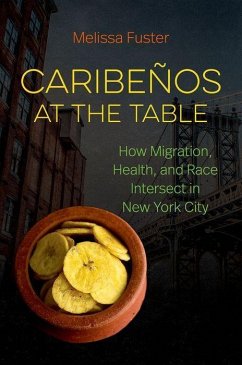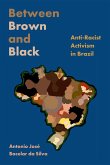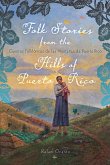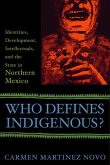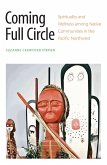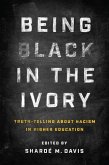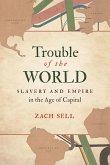"In a work brimming with fascinating firsthand voices and in-depth interviews with Caribbean Hispanics (she focuses on individuals self-identified as of Cuban, Dominican, or Puerto Rican ancestry) with high levels of circular migration to NYC and with health professionals working among these groups, Fuster eschews common understandings that take on only cultural or structural factors in favor of studying Caribbean Hispanic foodways at the intersection of culture, history, and structural contexts. She argues that addressing health problems and inequities in immigrant and ethnic communities requires, yes, engaging with understandings of cultural factors and traditional food practice ideals (the approach conventionally taken by nutritionists working with these populations)-but also more. While culture is an important aspect guiding health-related behaviors, it needs to be considered along with key structural factors including race, gender, and social class. Fuster's intersectional approach brings into view how health disparities and quality of life measures are related to food access, health, behaviors and overall wellbeing of migrant communities. By viewing and understanding these communities within an inequitable, interconnected and global migration experience, Fuster finds that the same global forces that create migration flows are also creating distinct conditions and 'othering processes' that do in fact result in different health outcomes in the receiving countries"--
Hinweis: Dieser Artikel kann nur an eine deutsche Lieferadresse ausgeliefert werden.
Hinweis: Dieser Artikel kann nur an eine deutsche Lieferadresse ausgeliefert werden.

